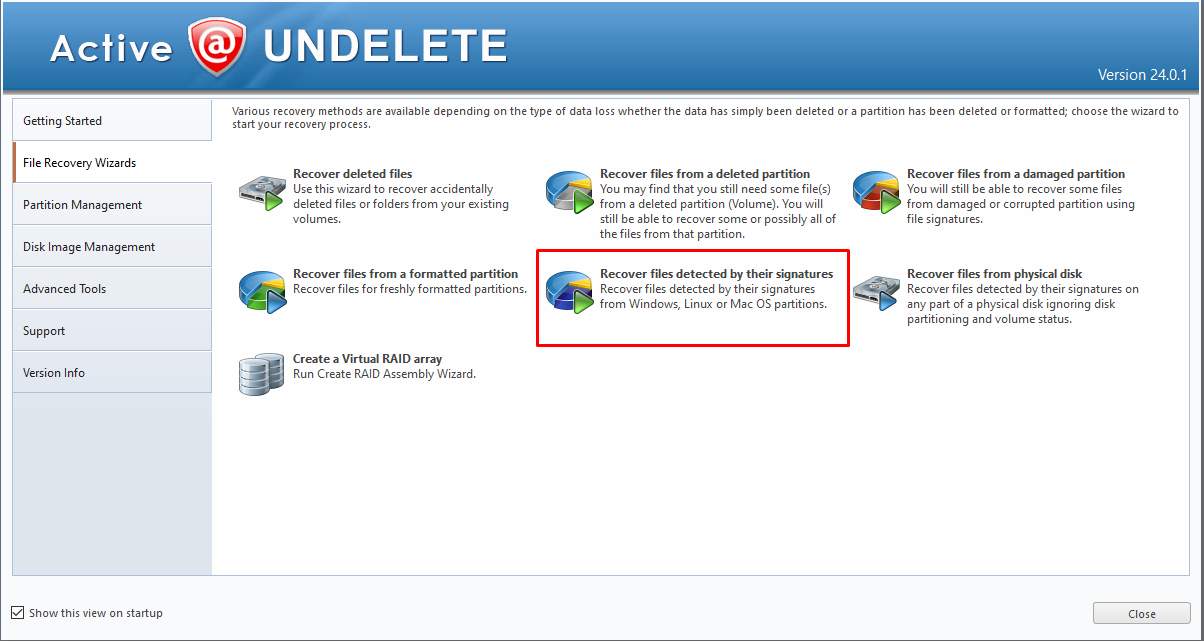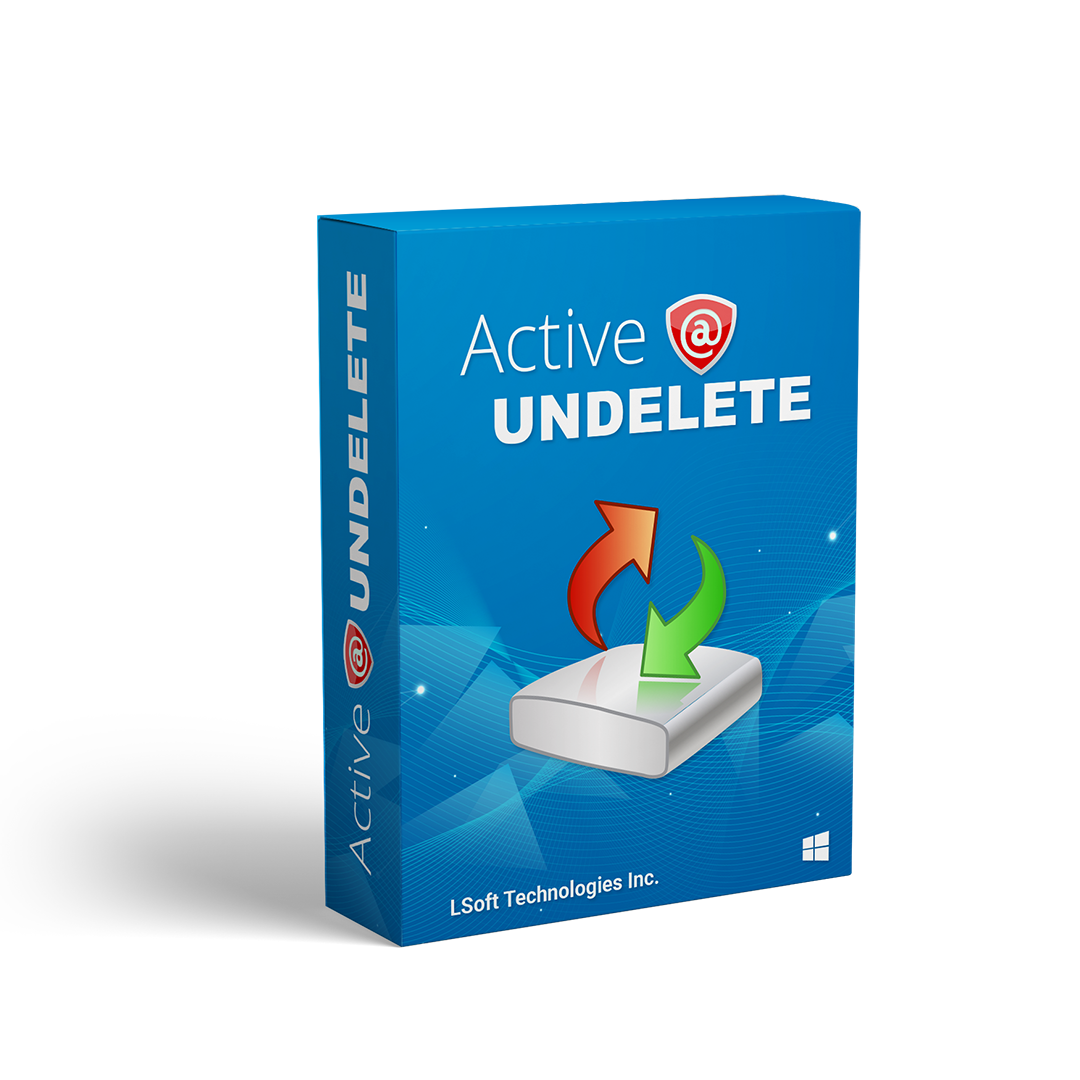Recovering Deleted Electronic Book files with Active@ UNDELETE and File Signatures
Introduction
Electronic books, or e-books, have become an increasingly popular format for reading materials in recent years. With the widespread adoption of e-readers and tablet devices, many people now prefer digital books to traditional paperback or hardcover editions. However, like any other digital file, e-books are susceptible to accidental deletion and corruption, leading to the loss of valuable content. Active@ UNDELETE is a powerful data recovery tool that can help users scan and recover deleted e-books with its File Signatures feature. In this article, we will discuss the history and development of various electronic book file formats, including djvu, fb2, lit, qbw, and rb, and explore how Active@ UNDELETE can effectively scan and recover these file types using its File Signatures feature.

Recover DJVU files with Active@ UNDELETE
- History: The djvu file format is an open-source, cross-platform image compression and archiving format developed by a team of researchers at AT&T Labs. It was introduced in the late 1990s as a means of efficiently compressing scanned documents and images while preserving high-quality visuals. The djvu format is particularly well-suited for electronic books, as it can support both text and image content in a single file.
- Active@ UNDELETE and File Signatures: Active@ UNDELETE's File Signatures feature allows users to scan and recover deleted djvu files by identifying specific file signatures that are unique to the djvu format. By scanning the hard drive for these distinctive patterns, Active@ UNDELETE can locate and recover even partially overwritten or corrupted djvu files, ensuring that valuable e-book content is not lost forever. To scan, and later recover djvu files check them in UNDELETE’s File Recovery wizard.

Recover FB2 files with Active@ UNDELETE
- History: The FB2 file format is a popular and widely used e-book format, primarily associated with the Russian publishing industry. Developed in 2004 by a developer called Dmitry Gribov, it has since become a popular choice for distributing electronic books online. FB2 files are based on the XML standard, making them highly compatible with various e-book readers and platforms.
- Active@ UNDELETE and File Signatures: Active@ UNDELETE's File Signatures feature is designed to effectively scan and recover deleted FB2 files. By recognizing the unique file signatures of FB2 files, Active@ UNDELETE can locate and restore these valuable electronic books, even after they have been accidentally deleted or lost. Scan for FB2 files by selecting them in UNDELETE’s Scan options, under Detect files by their signatures option.

Recover LIT files with Active@ UNDELETE
- History: The LIT file format is an e-book format developed by Microsoft in 2000. It was primarily used for the Microsoft Reader software, which allowed users to read and manage electronic books on various devices. Although LIT files have largely been replaced by the EPUB format in recent years, they are still a common file type for older electronic books and documents.
- Active@ UNDELETE and File Signatures: Active@ UNDELETE's File Signatures feature is well-equipped to handle the recovery of deleted LIT files. By using its advanced scanning capabilities, Active@ UNDELETE can identify and restore the unique file signatures of LIT files, even after they have been deleted. This ensures that your electronic books and other important documents remain safe and recoverable, despite accidental deletion or data loss. For Active@ UNDELETE to find your lit files make sure to select them in the recovery wizard.

Recover QBW Files with Active@ UNDELETE
- History: QBW files are a file format used by QuickBooks, an accounting software application developed by Intuit. These files store critical financial data, including transaction records, account balances, and other essential information for managing a business's finances. QBW files are essential for maintaining accurate financial records and ensuring the smooth operation of businesses that rely on QuickBooks.
- Active@ UNDELETE and File Signatures: Active@ UNDELETE's File Signatures feature can be a lifesaver when it comes to recovering deleted QBW files. By using its advanced scanning capabilities, Active@ UNDELETE can identify and restore unique file signatures after they have been deleted. The option for the QBW file signature can be checked in the Detect files by their signatures section.

Recover RB files with Active@ UNDELETE
- History: The rb file format is an older e-book format that was primarily used by RocketBook, a now-defunct e-book reader software program. Developed in the mid-1990s, rb files were used to store electronic books for the RocketBook platform.
- Active@ UNDELETE and File Signatures: Active@ UNDELETE's File Signatures feature is highly effective at scanning and recovering deleted rb files, allowing users to retrieve valuable content from these older e-books that may otherwise have been lost forever. By recognizing the unique file signatures associated with the rb format, Active@ UNDELETE can accurately locate and retrieve lost or deleted e-books in this now-obsolete format. To find and recover RB4 files select rb in the File Recovery Wizard menu.

Conclusion
Active@ UNDELETE's File Signatures feature provides a powerful tool for users looking to recover deleted electronic books in various file formats, including djvu, fb2, lit, qbw, and rb. By identifying unique file signatures associated with each format, Active@ UNDELETE can effectively scan and recover lost or deleted e-books, ensuring that valuable content is not forever lost. Whether you are a casual reader or a dedicated collector of electronic books, Active@ UNDELETE can help you recover your cherished e-books and preserve them for future reading.

